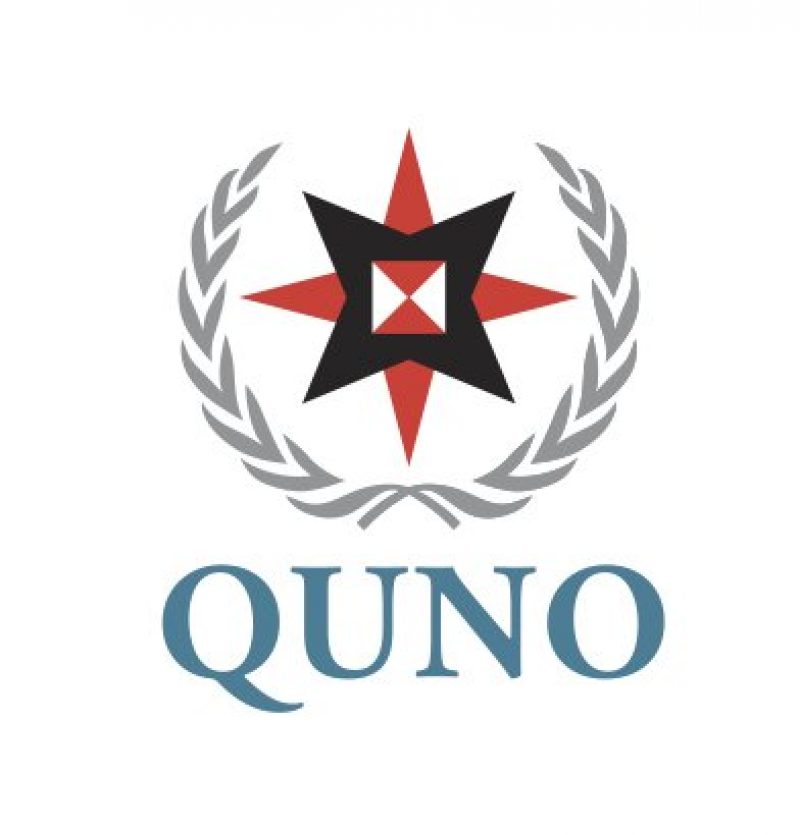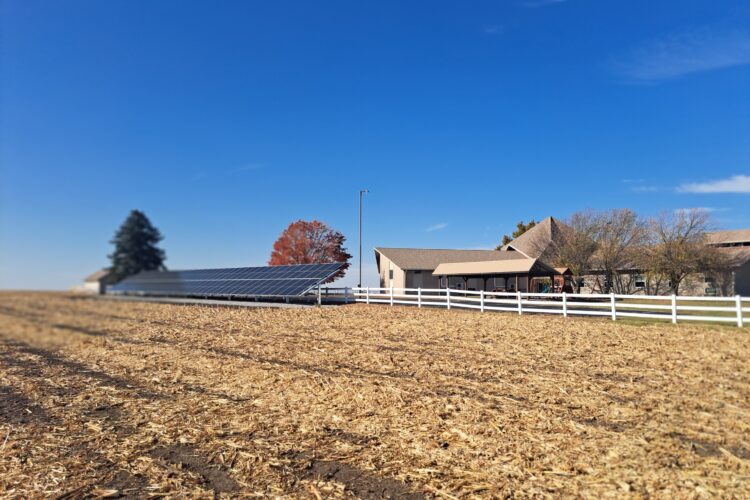The Bare Minimum: COP Climate Change Conference

By Lindsey Fielder Cook.
THE AIM OF THE DECEMBER climate change conference in Poland, known as the Conference of Parties 24 (or COP24), was to define an implementation ‘Rulebook’ for the Paris Agreement. After two weeks of exhausting, if not ‘fierce’ negotiations, how did it all go? It depends on whom you talk to.
If you talk to people seeking the inclusion of rights language in the decision text – known as ‘The Great 8’ and including human rights, indigenous peoples and local communities, gender equity, intergenerational equity, ensuring eco-system integrity and biodiversity, food security, just transition, public participation and – then the conference was a failure.
If you talk to the Indigenous People’s community, there was success to get the Indigenous People’s Platform ‘operationalized’ after difficult but unique negotiations that included a ‘Talanoa story telling’ approach and, supported by EU and Canadian leadership, the ability to overcome political tensions previously blocking progress.
If you talk to people caring about a sufficient response to the recent and historic Intergovernmental Panel on Climate Change (IPCC) Special Report on Global Warming of 1.5C, you will still be gob-smacked that Saudi Arabia, the United States of America, Kuwait and Russia refused to ‘welcome’ a report that details how to avoid the existential threat of catastrophic climate change.
If you talk to people seeking greater finance and mitigation action, developed country ‘pre-2020’ leadership promises, made to encourage adoption of a universal agreement (Paris), remain disappointing. This is an important trust issue. However, there were some new financial pledges offered at the COP24 for various climate funds, and a number of higher emitters plan to increase mitigation ambition (as defined in nationally determined contributions, or ‘NDC’s) in 2020, even though this is not legally required.
If you talk to people working on transparency, finance and compliance frameworks, you will hear mixed but often encouraging words. For example, after years of discussion there are now common metrics for all (but not Brazil) to measure their GHG emissions in assessing global mitigation efforts, and other significant decisions on transparency. Yet if you wanted clarity on common time frames for reporting increased climate action (every 5 years? every 10?), it was deeply frustrating to have indecision when countries seemed to have reached consensus last year.
If you worked on carbon market trading rules, it was frustrating to delay most decisions into 2019, but for many, it was better to delay than to accept measurements that could make double counting easier.
Implementation of the Paris Agreement entails consensus on the concept of ‘fairness’ or ‘differentiation’, on what is ‘should’ or ‘shall’ and then what that entails, on how ‘take the lead’ or ‘universal’ translates into action. Human history includes many efforts to agree on trusted ways to measure and compare, to establish an understanding on what is a fair transaction. This was essential to the COP24, and with some decisions delayed and rights language weak, will continue to be for several more COPs. But with some 12 more years of current emissions before global average warming reaches 1.5C above pre-industrial levels, we do not have time for weak political will. Global average temperatures over 1.5C brings more intensified human and eco-system suffering – greater drought, storms, food security crises, species extinctions, eco-system collapse, the irreversible triggering of the Greenland Ice Cap melt, etc, etc, etc.
A last voice in the Plenary, a delegate from the small island of Grenada, spoke to a slowly departing crowd of negotiators and observers. This COP, he said, delivered the ‘bare minimum’. “We should not”, he said, “have had to fight so hard; there should not have been so much resistance to the broader calls for action and ambition based on the findings of IPCC Special Report on 1.5C… Is this consistent with the courage that we needed to show in response to the multiple warnings from the scientific community? … This is not in keeping with our moral responsibilities and we are disappointed that we are where we are. We still have a long way to go and you can be assured that we will continue to fight. We have no other choice, for while others procrastinate over these matters as though this is an academic exercise, what we are speaking about here is our basic survival.”
We – humanity – need hope, yes, but even more we need courage, to be honest with ourselves and our decision makers about the transformations needed to ensure our human activities do not destroy nature, and our ability to exist on Earth.

